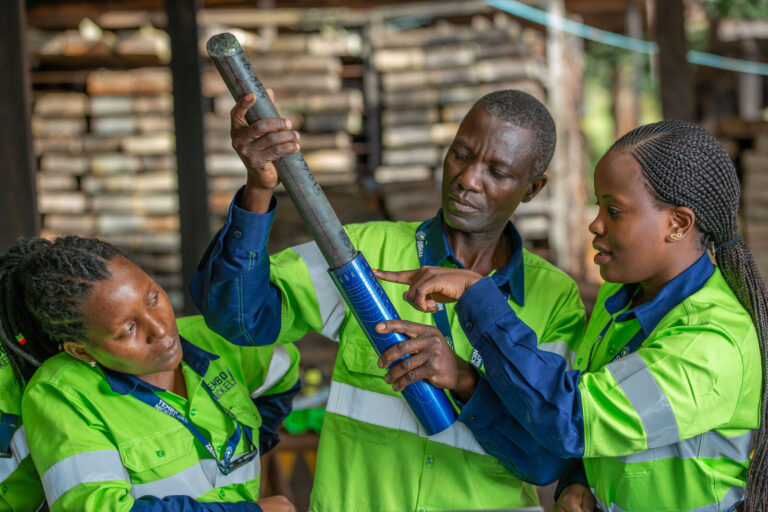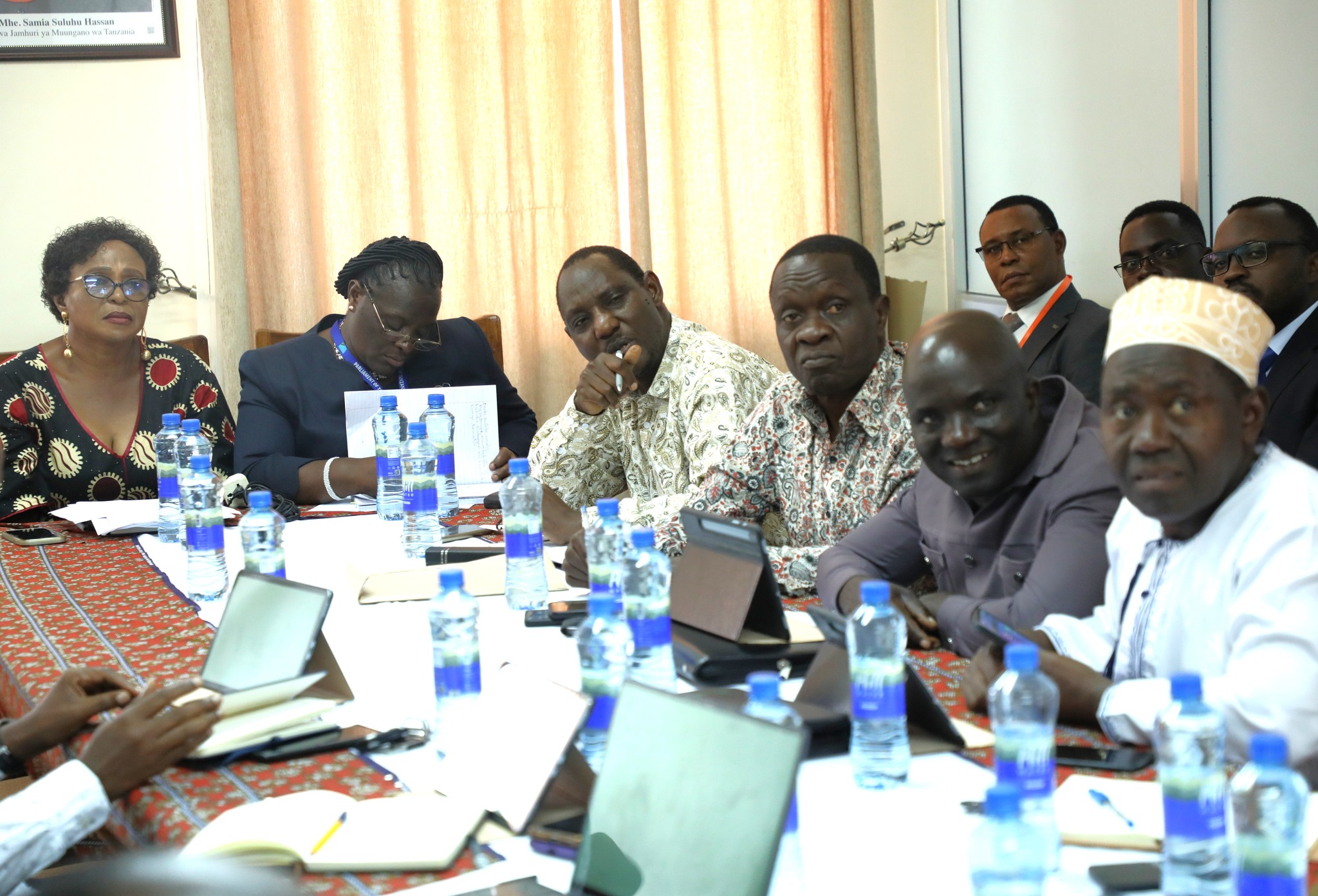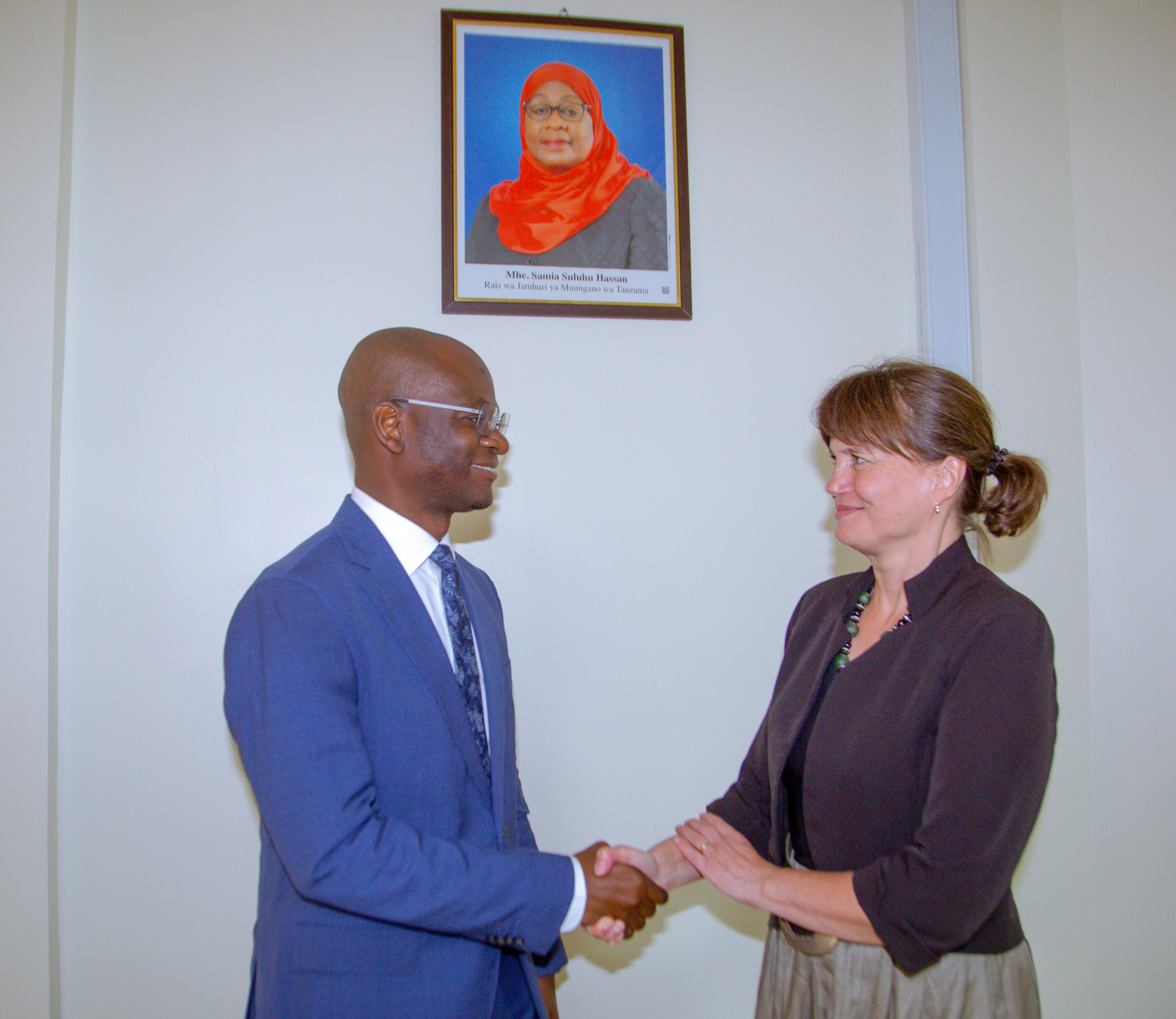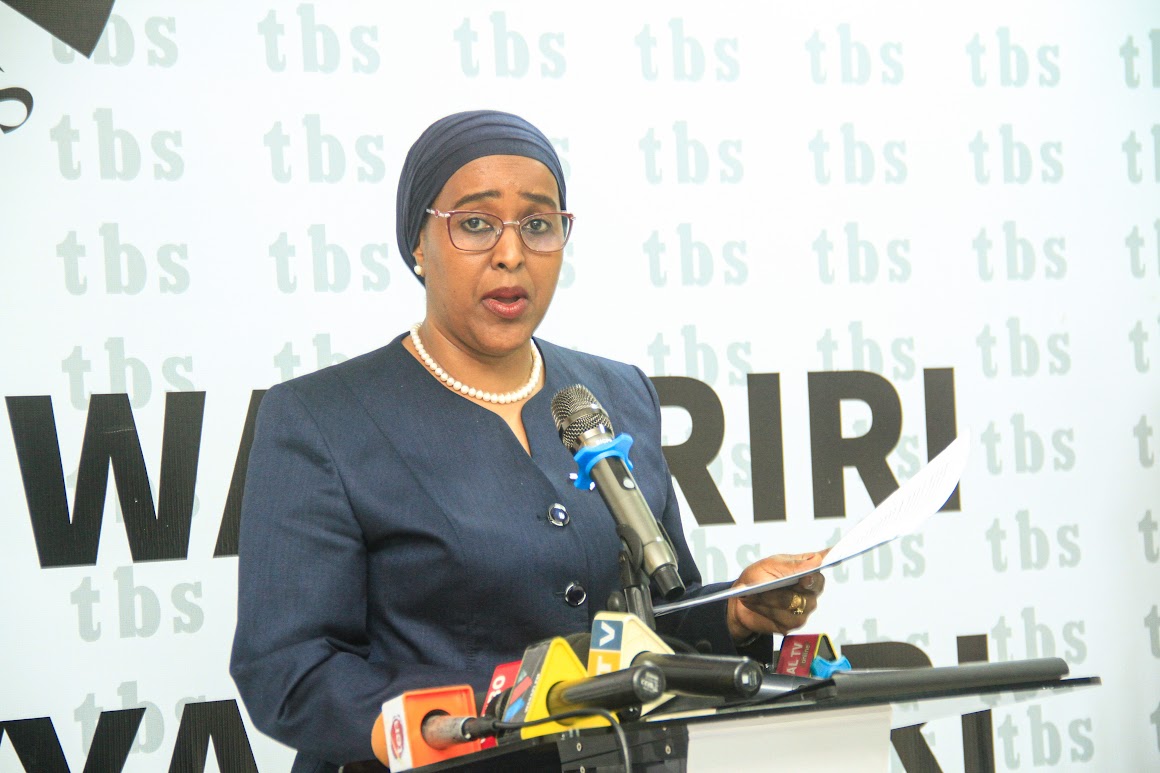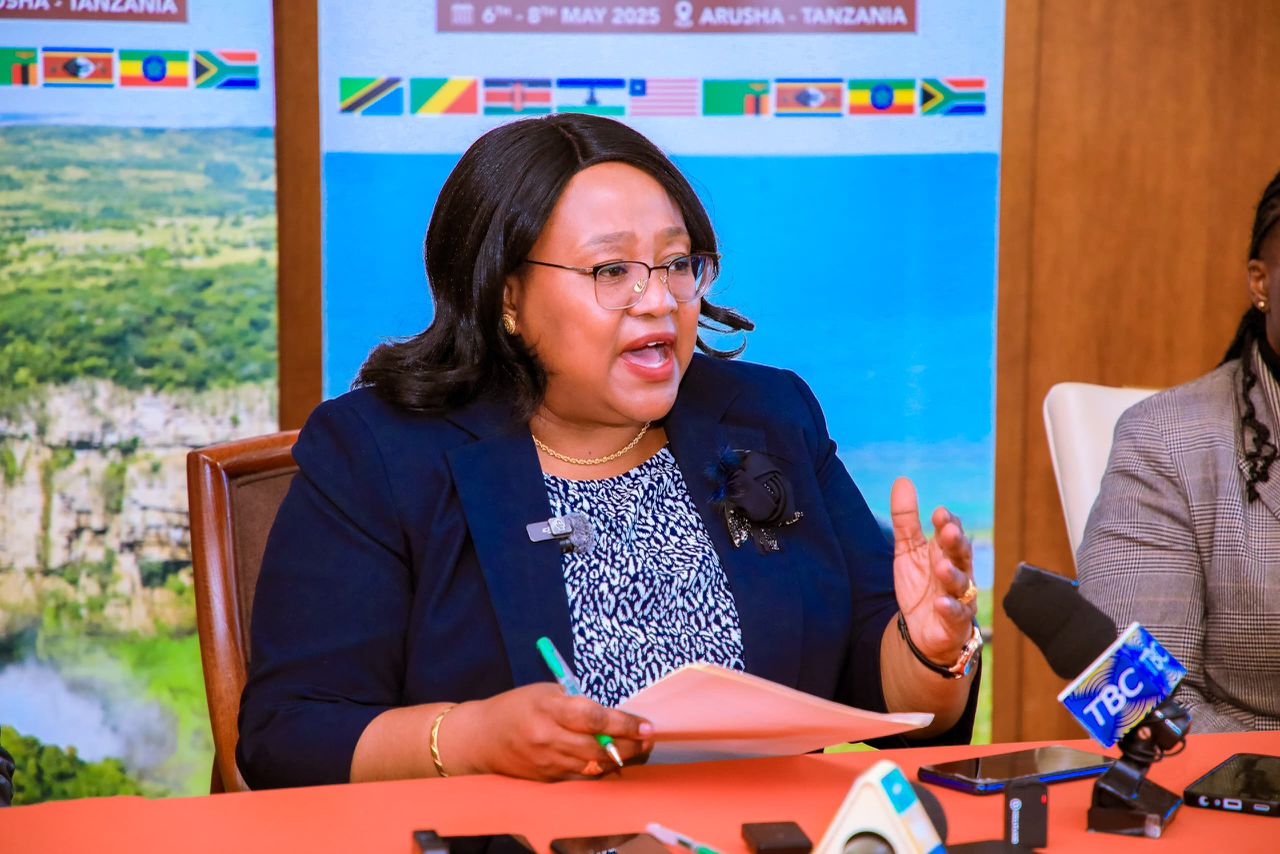Dar es Salaam. Tanzania’s mining industry is rapidly evolving, emerging as a potential hub for the extraction and processing of critical minerals.
Among these, niobium, an essential element in high-tech industries, is gaining significant attention.
The country’s strategic mining projects, backed by government support and international investment, could pave the way for substantial economic benefits, including job creation, infrastructure development, and increased foreign exchange earnings.
Niobium’s emerging role in global technology
Niobium is a rare and essential mineral used primarily in the production of superalloys, which are critical for high-performance applications such as aerospace, automotive manufacturing, and energy production.
Additionally, niobium plays a pivotal role in producing magnets for electric vehicle motors and batteries, which are essential for the ongoing global transition to greener technologies.
The mineral also contributes to the manufacturing of advanced materials used in oil and gas drilling equipment.
In October 2024, the Tanzanian Deputy Minister for Minerals, Dr Steven Kiruswa, provided insights into the country’s future in niobium production.
Dr Kiruswa announced that Tanzania is set to begin extracting niobium through the Mamba Minerals Corporation Limited (MML) project.
This project, a partnership between the Tanzanian government, holding a 16 percent stake, and Australia’s Peak Resources Ngualla Company (PRNG), which owns 84 percent, is poised to revolutionise Tanzania’s mining landscape.
The mining site, located in the Ngwala village in Songwe Region, is expected to be operational for 24 years, providing a stable supply of niobium for both domestic and international markets.
“Tanzania is blessed with a wide range of valuable minerals, and niobium is one of the most important. We aim to add value to the mineral by processing it domestically, producing ferroniobium, which is highly demanded in markets across Europe, Asia, and North America,” Dr Kiruswa remarked.
Niobium’s global market and Tanzania’s strategic position
Tanzania is entering a competitive field, with African countries such as Mozambique, Rwanda, and South Africa already leading the way in niobium production.
However, Tanzania’s vast mineral wealth, combined with government-backed initiatives, is positioning the country as a key player in the critical minerals sector.
Niobium’s value, coupled with the country’s growing political stability, investment incentives, and infrastructural development, makes it an attractive destination for global investors.
In his comments during the Indaba Mining 2024 conference in South Africa, Dr. Kiruswa further explained the potential benefits of Tanzania’s niobium production.
He emphasised the importance of value addition to minerals mined in the country.
By adding value to niobium and other critical minerals, Tanzania aims to shift from being a mere raw material exporter to a processing and manufacturing hub.
Significant economic and industrial impacts
Tanzania’s focus on niobium production aligns with the government’s broader goals of enhancing industrialisation and technological development.
With projects like Mamba Minerals, the country expects to benefit from multiple economic streams.
First, the increased production and export of niobium and ferroniobium will generate substantial revenue, boosting Tanzania’s national income.
In addition, the processing of niobium within the country will stimulate the growth of ancillary industries, creating new opportunities in manufacturing, technology, and infrastructure development.
Furthermore, Tanzania’s mining strategy aims to attract both domestic and international investors.
Through initiatives such as the Special Mining Licence (SML) awarded to MML, the government is ensuring that mining projects are well-supported by favourable policies.
These policies are designed to foster a stable and predictable investment environment, ensuring long-term growth in the sector.
“We are creating an environment that is welcoming to investors,” said Dr Kiruswa.
“The country’s commitment to infrastructural development and the development of its critical mineral reserves will create lasting economic value for the nation.”
From mining to value addition: Tanzania’s strategic vision
The Tanzanian government is actively working to ensure that the extraction of critical minerals, including niobium, translates into tangible benefits for the economy.
A key component of this vision is value addition. Rather than merely extracting and exporting raw minerals, the government is focusing on developing local processing capabilities.
This would allow Tanzania to capture more value from its minerals before they are exported.
Dr Kiruswa elaborated on this strategy.
“Our goal is to move from being just a mining country to being a global mineral processing hub. We want to create jobs, build expertise, and ensure that Tanzanians are the ones benefiting most from these precious resources,” he said.
The addition of value through domestic processing would significantly impact the country’s industrialisation efforts.
It could lead to the creation of high-paying jobs in various sectors, such as manufacturing, research and development, and engineering.
Moreover, Tanzania’s improved capacity to process and refine its minerals will help meet the growing global demand for critical materials used in renewable energy technologies, such as electric vehicle batteries and wind turbines.
The role of Tanzania’s mining market in national development
Tanzania’s mining market is playing an increasingly vital role in national development.
The country’s focus on strategic minerals, including niobium, has brought substantial revenue growth.
According to recent reports, the revenue from mineral markets has surged from Sh8 billion in 2018/19 to Sh183 billion in 2023/24.
This remarkable increase in revenue reflects the success of Tanzania’s policies aimed at expanding the mineral sector.
At the forefront of this development is the government’s decision to establish mineral markets across the country.
As of February 2025, Tanzania had 43 mineral markets and 109 purchasing stations, which have proven to be effective tools in increasing the revenue from mineral sales.
“The government’s push to establish mineral markets has had a profound effect on boosting revenue, as well as creating employment opportunities. By providing these markets, we are empowering small-scale miners and contributing to the overall growth of the sector,” Mining Commission’s Mineral Trade Section Manager, Sundi Malomo, noted.
Furthermore, the introduction of modern X-ray fluorescence (XRF) machines to test the purity of metals has played a crucial role in ensuring accurate assessments of mineral quality.
This technology helps determine the correct royalties and inspection fees, thereby improving revenue collection efficiency.
“The use of XRF machines and accurate measurement systems ensures that the government receives the correct share of revenue from mineral sales. This is key to ensuring that the sector remains a sustainable source of income for Tanzania,” the Acting Director, Mineral Audit and Trade Department of the Mining Commission, Venance Kasiki, said.
A hub for global critical minerals
The global demand for critical minerals, including niobium, is increasing rapidly, driven by the global transition to renewable energy and advanced technology.
Tanzania is positioning itself as a leading supplier of these minerals, with several major projects already underway.
These include the Tembo Nickel Project, Helium One, Peak Rare Earths, and the Ruangwa Graphite Project. These initiatives showcase Tanzania’s potential to become a key player in the global critical mineral supply chain.
As Dr Mary Stith, president of Pula Group, noted at the Tanzania Mining and Investment Forum 2024, “The panel, and the conference, reflect Tanzania’s progress and ambitions toward becoming a global mineral and processing hub for the energy transition. The government of Tanzania is inviting, supportive, and open to dialogue.”
A bright future for Tanzania’s mining sector
With its vast reserves of critical minerals, including niobium, and a growing commitment to local processing and industrialisation, Tanzania’s mining sector is set to play an increasingly significant role in the global economy.
The government’s proactive policies, combined with investments from both domestic and international players, position Tanzania as a key partner in the global supply chain for critical minerals.
As the world transitions to greener technologies, Tanzania’s mining sector is poised to reap significant rewards while contributing to global sustainability efforts.

